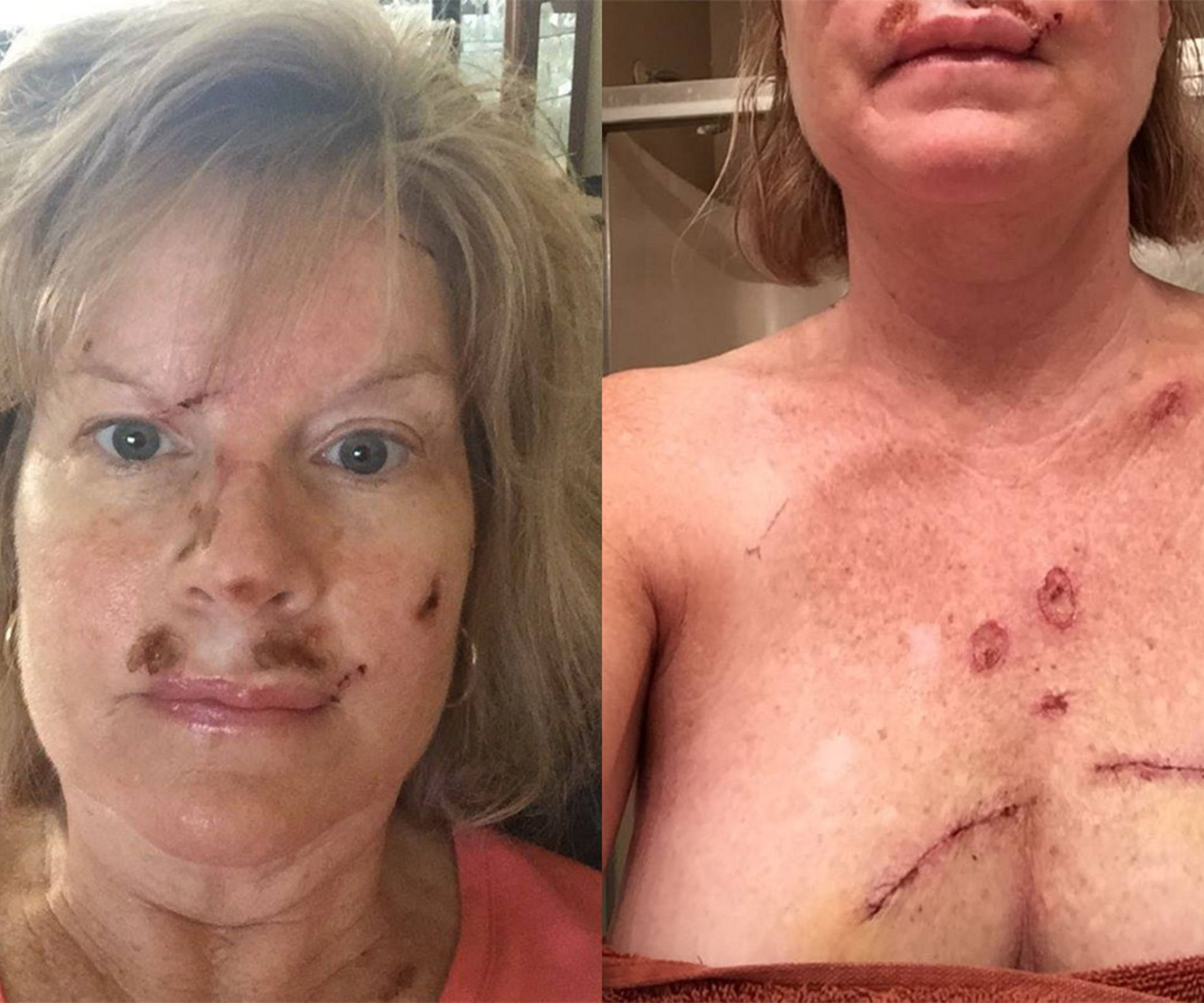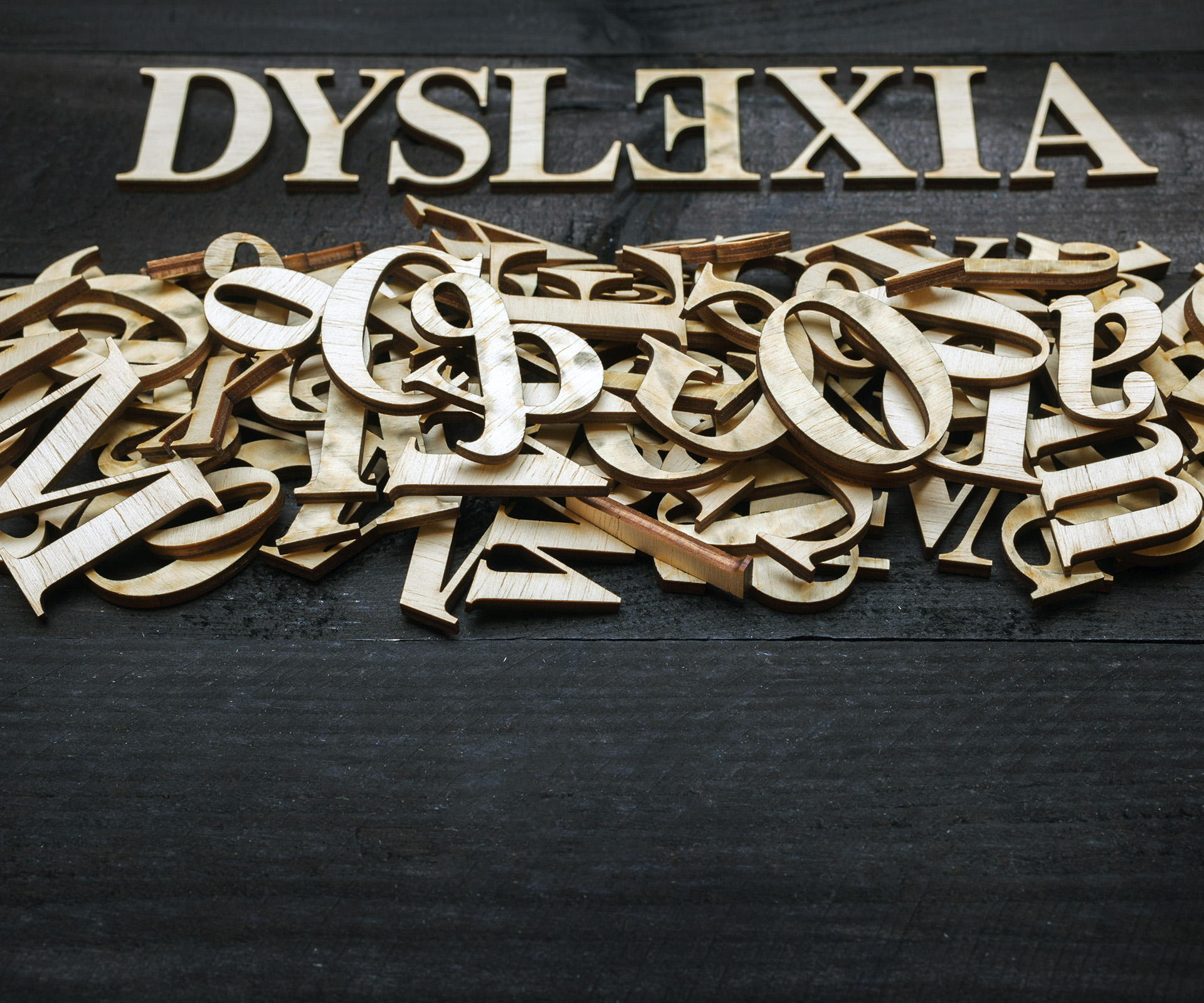Whether it’s chocolate, coffee, wine or even social media, we all have something we are hooked on; a little ‘vice’ that wouldn’t be a big deal if you practiced moderation.
But when moderation goes out the window, is your little ‘vice’ becoming a problem?
We spoke to four women who gave up their ‘vice’ for a month to see if they could live without it.
Samantha Johnson is a travel blogger and stay-at-home parent. After finding herself spending more and more time on Facebook, she says that it was having an increasingly negative impact on her.

“My feed had become more political with the refugee crisis, homelessness and environmental issues, to name a few. I was feeling the weight of the world and that I had no control over how much of this negative news I saw,” she explains.
Samantha discovered that it was easier to give up Facebook than she thought it would be. “Once I’d made the decision [to have a month off] I deleted the app and felt really positive,” she says.
During her break with Facebook, Samantha says that she missed the immediacy of contact with “mama friends”, particularly when her four-year-old son was unwell. She also missed out on hearing about positive news.
“Three babies were born amongst my friends in February and I only got to hear days later. Good news-sharing is one of the positives of Facebook and I did feel like I was missing out on that aspect,” she explains.
So will life be different following her break from Facebook? Samantha says that while she has reinstalled the app she is going to take more care to curate a positive newsfeed.
“I don’t want to get sucked back into spending lots of time on Facebook. I’m going to unfollow or hide some pages to avoid some of the negativity I was exposing myself to,” she says.
Chocolate
Lindsay Black is a personal trainer and Pilates instructor. She very much believes in the ‘everything in moderation’ philosophy, but when it came to chocolate, she found moderation was hard to exercise.
“It had become a bit if a habit. I would eat a bar for the sake of it and not really enjoy it, but I would go back the next day for more anyway,” she says.

Lindsay says that being an “all or nothing girl” she found giving up chocolate easier than she thought. “I did have some nougat a few times at the beginning of the month, but that was very sweet compared to a bar of chocolate,” she says.
So will Lindsay make the break with chocolate permanent? “No!” she laughs.
“However, I will really question myself when I go to eat a bar of chocolate and ask myself if I really need it or it is just the habit.”
“I’ll also try and save it for a cheat day or special occasion,” she says.
Alcohol
Jo Doughty-Roberts, a business development consultant, felt that she had over-indulged during the holiday season and was dissatisfied with her weight. Giving up alcohol for a month seemed like an obvious remedy.
Having taken part in ‘Dry July’ and ‘FebFast’ in the past, Jo says that she knew what she was letting herself in for. “It was both easy and hard,” she says.
“Alcohol was a big part of my weekend routine, so I did miss my red wine initially.”
Jo says that she made several self-discoveries during her month without booze.
“I learned that I love a glass full of ice with freshly squeezed limes and sparkling water! And that I don’t need to drink, but I do really enjoy a good glass of red wine.”
From a fitness point of view, Jo says that she learnt that it is easier to train when she isn’t drinking.
“I want to run a half marathon and complete a long-distance triathlon, and drinking doesn’t enable that. It puts on weight making it harder to train and causes me to feel less likely to want to workout the following day due to dehydration and lack of sleep,” she explains.
So will life be different now that her month without alcohol is over?
“I’m going to try and implement some new guidelines into my life, like not drinking at home mid-week,” she says.
Coffee
Kelly Exeter is a writer, designer and editor. She also loves her coffee. Or rather, she did love it back in January, which was the last time she enjoyed a cup.
“I was addicted to and dependent on coffee and I don’t like being dependent on anything. I was interested to see how I would feel going a whole month without it,” she says.

So how did it go? Kelly says that it was both easier and harder than she thought it would be.
“It was easy because when I tell myself I am going to do something, I do it. So there was no question about whether I’d do it or not,” she explains.
On the other hand, Kelly found that facing all of her coffee triggers (from getting up in the morning to walking past a coffee shop) was a challenge.
“I didn’t realise just how many triggers there are in my day for having a coffee,” says Kelly.
So what did Kelly learn from the experience? Well, aside from learning that she can give up something that she loved, Kelly also noticed a big shift in her mood.
“Three days into the experiment I noticed my mood felt noticeably lighter – like I’d been walking around with a film over my mood (even happy moods) and suddenly that film had been lifted,” she explains.
While Kelly may have found herself counting down the days until her coffee break was over, she didn’t break the ‘fast’ at the earliest opportunity. In fact, to date, Kelly has only had one “underwhelming” coffee.
“I cannot believe I am off coffee!” she says.
You may alao like: Rae Morris discusses her incredible career


